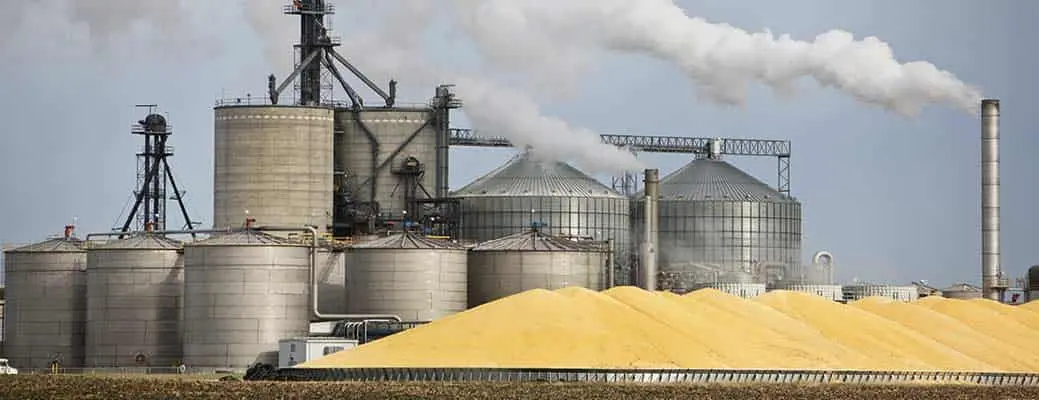4 Uses for Agricultural Waste That Can Save Farmers Money


Does your farm have a plan to handle waste? What if you could find a productive use for your farm waste? It is possible that the waste created by your farm or ranch could be converted into something more valuable — and earn you money while disposing of something you don’t need. With a bit of ingenuity, you can create a win-win situation for your farm by making the most out of agricultural waste.
When you hear the term “farm waste” you may immediately think of manure. Although animal waste is one component, the term also includes cellulose from corn stalks, unproductive oil seeds, stalks of cotton and sugarcane, and plant-based byproducts of the growing season. By recycling farm and agricultural waste, farmers can create products that benefit their businesses.
Some types of farm waste that can be recycled for practical uses include:
Plant waste can produce biofuels such as biodiesel or ethanol. If crops are rich in cellulose (as corn stalks are) they can be used to make ethanol, a substitute for gasoline. If crops are rich in lipids (such as unproductive oil seeds) they can be used to make biodiesel, a substitute for diesel. Vehicles are increasingly designed to operate on biofuels developed from plants.
After the juice has been extracted from sugarcane, the stalk that is left is known as bagasse. Bagasse can be used to create plastics such as bowls, plates and other plastic containers. Unlike plastic made from crude oil, plastics made from bagasse are natural fiber products that are compostable and degrade in 30-60 days after use. This makes them a great alternative to Styrofoam and other plastic products.
Bioplastics are getting both stronger and greener. These plastics, not designed to break down, are developed from corn and sugarcane. They reduce the company’s overall footprint because they are more sustainably produced than conventional petroleum-based plastics, and are also recyclable. Look for these materials in things like Legos, refrigerators and some packaging.
Animal waste has long been used as a field fertilizer to add nutrients to existing topsoil. However, many people are using manure to mix with other plant byproducts such as straw, corn stover, wood residue or leaves to create a richer compost to be used in gardens and fields. The compost cycle takes around 4-8 months and reduces the volume of the waste by around 30%. Spreading compost (instead of straight manure) on hayfields and pastures can reduce water pollution and allow animals to more efficiently graze after it is spread.
The waste created on your farm or ranch can provide sustainable materials and energy, if used correctly. Repurposing and recycling this agricultural waste may not only provide a secondary source of income for your farm or ranch, it may provide sustainable products and aid in local conservation efforts. Talk to your local Farm Bureau agent about other ways you can improve the efficiency of your operation.